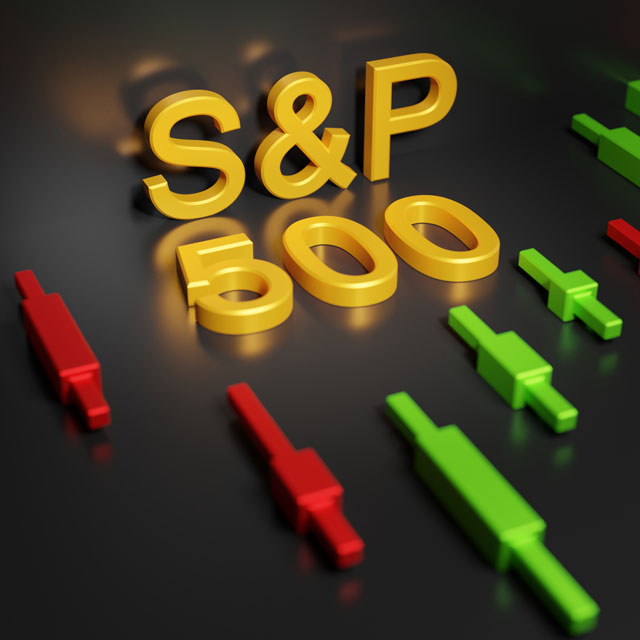Falcon
NOT FOR REPRINT
12 Best Target Date Funds for 2023 and Beyond: Morningstar
Slideshow March 28, 2023 at 04:10 PM
Share & Print
Last year's volatile markets counted target date strategies among those suffering losses, according to new research from Morningstar. Target date strategies assets fell by about 14% to $2.8 trillion at year-end, down from $3.3 trillion at the end of 2021. Even so, investors continued to contribute to target date strategies as both stocks and bonds recorded double-digit losses in 2022. This showed, Morningstar said, that retirement savers use the vehicles as they are intended: as long-term investments. Across both mutual fund and collective investment trust series (or CITs), these all-in-one retirement saving instruments amassed $153.3 billion in net new money. CITs accounted for $121 billion of net inflows. Morningstar noted that plan sponsors continue to strongly prefer lower-cost target date strategies, demonstrated by inflows to both lower-cost mutual fund series and increasingly popular CITs. Analysts with the research firm currently cover 25 CIT target date series, which are mostly clones of their mutual fund counterparts. The report said fees play a significant role in investors' choice of series; they are choosing to pay less. Researchers looked at the asset-weighted average fees across all target date mutual fund share classes from 2013 to 2022, including shuttered funds, based on their prospectus-adjusted expense ratio and year-end net assets. The asset-weighted fee fell by nearly 7% annually on average over the past decade. In 2013, the net expense ratio was 0.6%. By 2022, it had nearly halved, ending the year at 0.32%. Researchers did not include CIT fee data in their analysis owing to less transparency, but based on anecdotal evidence said CITs would lower the average asset-weighted fee. The report includes ratings that Morningstar analysts assigned to the cheapest share class of the 31 target date fund series they cover, as of March 2023. It also shows changes between April 2022 and March 2023 in the people/process/parent pillars. See the gallery for 12 top-rated target date fund series. (Photo: Adobe Stock)
NOT FOR REPRINT
© Touchpoint Markets, All Rights Reserved. Request academic re-use from www.copyright.com. All other uses, submit a request to [email protected]. For more inforrmation visit Asset & Logo Licensing.
Featured Resources
View All
Sponsored by Axos Advisor Services
Integrated Banking Solutions: How To Enhance Client Services and Grow Your Business

Sponsored by Optifino
Three Macro Trends Impacting Long-Term Care: Trends, Solutions & Client Conversations

Sponsored by Vanilla
The Missing Piece: Why Advisors Who Skip Estate Planning are Failing Their Clients







